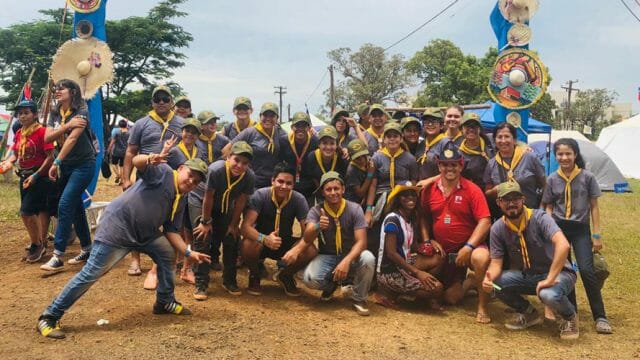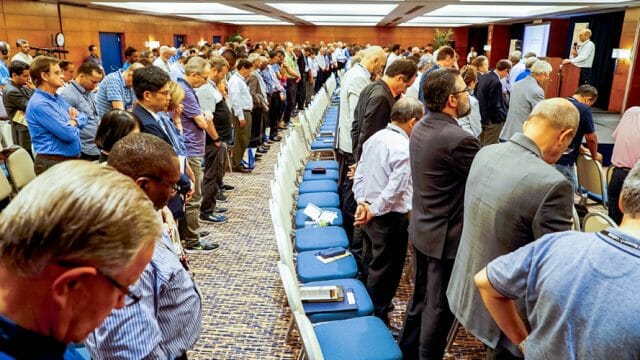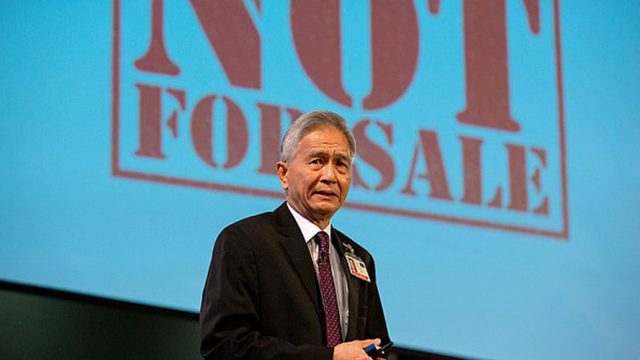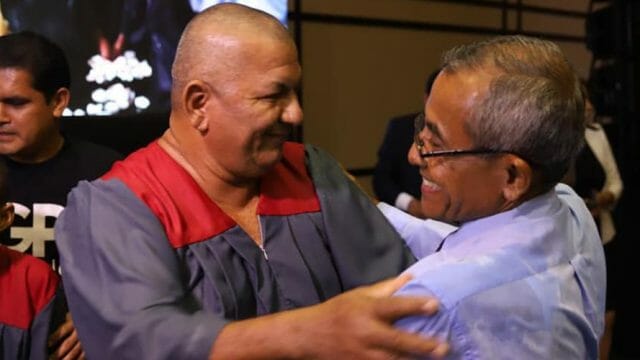What are our lessons learned … if any?
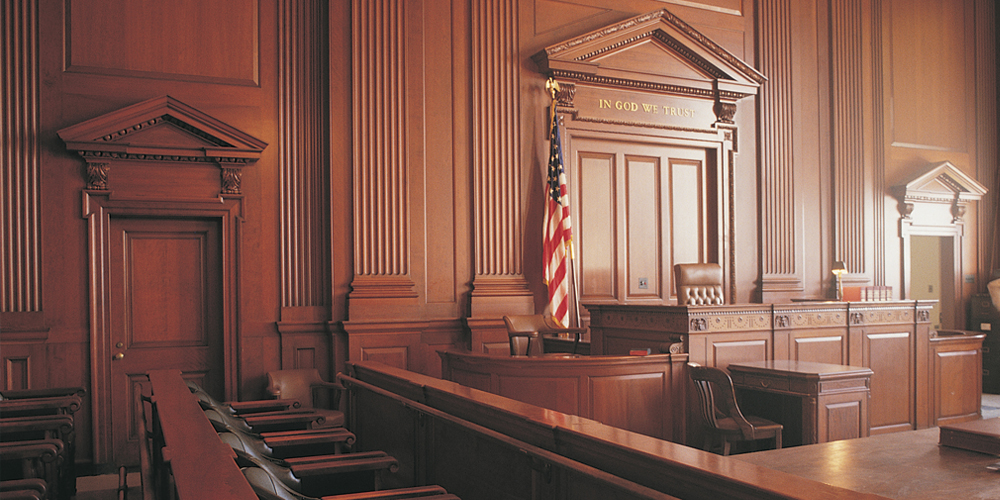
What did the United States and the world learn from the recent judicial verdicts of the Kyle Rittenhouse trial in Wisconsin and the trial of those convicted of killing Ahmaud Aubrey in Georgia? And what of the civil verdict of the Charlottesville, Virginia trial — all three verdicts handed down within a week and a half. Did we learn anything at all?
Kyle Rittenhouse, a then-17-year-old White man from Antioch, Illinois, crossed state lines into Kenosha, Wisconsin, in late August 2020 during a protest against the shooting of an unarmed Black man by a Kenosha police officer. Rittenhouse was armed with an AR-15 and, that night, shot and killed two White protestors and wounded another White protestor whom he claimed attacked him, requiring him to defend himself. On November 19 Rittenhouse was declared not guilty on all counts by an almost completely White jury.
The November 24 trial in the Glynn County Superior Court in Georgia featured three White men who were found guilty on almost all charges for the killing of Ahmaud Aubrey, a 25-year-old Black man. His murder was recorded on a cell phone of one of those charged, as Aubrey was pursued by the three White men, who claimed they attempted to make a “citizen’s arrest,” but shot him dead. The jury in that case included 11 Whites and one Black.
And finally, within the same week, there was the November 23 verdict in Charlottesville, Virginia, awarding a sum of US$26 million to 12 individual plaintiffs who were affected by the White supremacy groups charged with inciting violence at the infamous race-based rallies, in which several innocent people were killed, including a White woman who was hit by a car driven into the crowd by one of the White supremacists.
What Is the Remnant to Do?
The major question is: What are we as remnant church members to understand and do in a world increasingly wracked by political and racial divisions? Are we only to watch these cases on television, or are we to do more? Are we to simply move on with our lives? Should any of us care — and if so, how?
What does it mean to both balance our own daily lives — and then to take lessons from these types of cases? Isn’t daily life hard enough without adding to the burden of caring about the burden of racial issues and of strangers whom we have never met and will likely never meet?
Let us begin where we as Christians should: with the words of Christ. Among all of the many relevant parables and practices of Christ is the well-rehearsed parable of the Good Samaritan, in which Christ answers the question of “Who is my neighbor?” It would seem that for Americans who are disgusted and revolted by the actions of the alt-right in Charlottesville, the uncomfortable question still hanging in the balance is: Are these White supremacists who have harmed and murdered our neighbors? The answer for the Christian, of course, is “Yes.”
Is Kyle Rittenhouse my neighbor? Again, the uncomfortable answer is … “Yes.”
Are the three White men who committed an unprovoked attack and took the life of a promising young Black man jogging through the neighborhood — killing him and filming it in cold blood — my neighbor? Yes? Yes.
Now, let us be clear on this point: one doesn’t ever have to agree with any of these acts committed by Rittenhouse, the alt-right in Charlottesville, or the three White men who killed Aubrey.
How Could Adventists Change Society?
So how best for a Seventh-day Adventist Christian to change society in 2021?
The world is literally tearing itself apart as it tries to make sense of how these horrendous crimes can continue in our “modern age.” How can our technology, our modern society, change the heart of man?
It can’t.
The only action that can change the heart of man is the example of good character — based on the unselfish character of Christ alone.
Imagine if there had been a Seventh-day Adventist who had crossed the barriers of comfort and shared their food, consideration, and — yes — even their financial help, before any of these men were put on trial for these charges. Would there have been a possibility of any of these men changing their minds about how they perceive “others”? Possibly. At least there would have been a chance for influencing their mindsets for the better.
Christ stated the words: “Who is my mother? And who are my brethren? … Behold my mother and my brethren! For whosoever shall do the will of my father which is in heaven, the same is my brother and sister, and mother” (Matthew 12:48-50).
Should we not follow this view? And by our living example of Christ’s view, may we unknowingly influence any potential future killers away from any reenactment of the kind of tragedies we have witnessed.
The Media vs. Christ’s Words
Here’s another question: Why do we so readily accept the words of news anchors and media outlets and their ideas over the words of Christ? Remember that MSNBC and Fox News — which sometimes seem to be on opposite sides of reporting — will not gain you salvation and get you into heaven.
“Here are they that keep the commandments of God and the testimonies of the media” will NOT be a part of the three angels’ messages in Revelation.
As Seventh-day Adventists, we need to be honest with ourselves about who and what is influencing the malleable hearts of our children and ourselves. “Keep thy heart with all diligence; for out of it are the issues of life” (Proverbs 4:23).
We need to be honest with how much of our lives and the debates of our lives are shaped by our society, and by what we watch daily on our television and computer screens. By beholding we have truly become changed … but have we become changed into Christ’s character? Or do we now reflect other, broken characters, based upon our emotions, as shaped by our daily media consumption?
Do we want our children or ourselves influenced by the actions of Kyle Rittenhouse? Of the alt-right of Charlottesville? Of the three men who killed Aubrey in Georgia?
Here’s the question: As a Seventh-day Adventist, whom will I serve? And whose life do I choose to imitate?
Christopher R. Banks is an associate professor of International Relations at Union College in Lincoln, Nebraska, United States.



